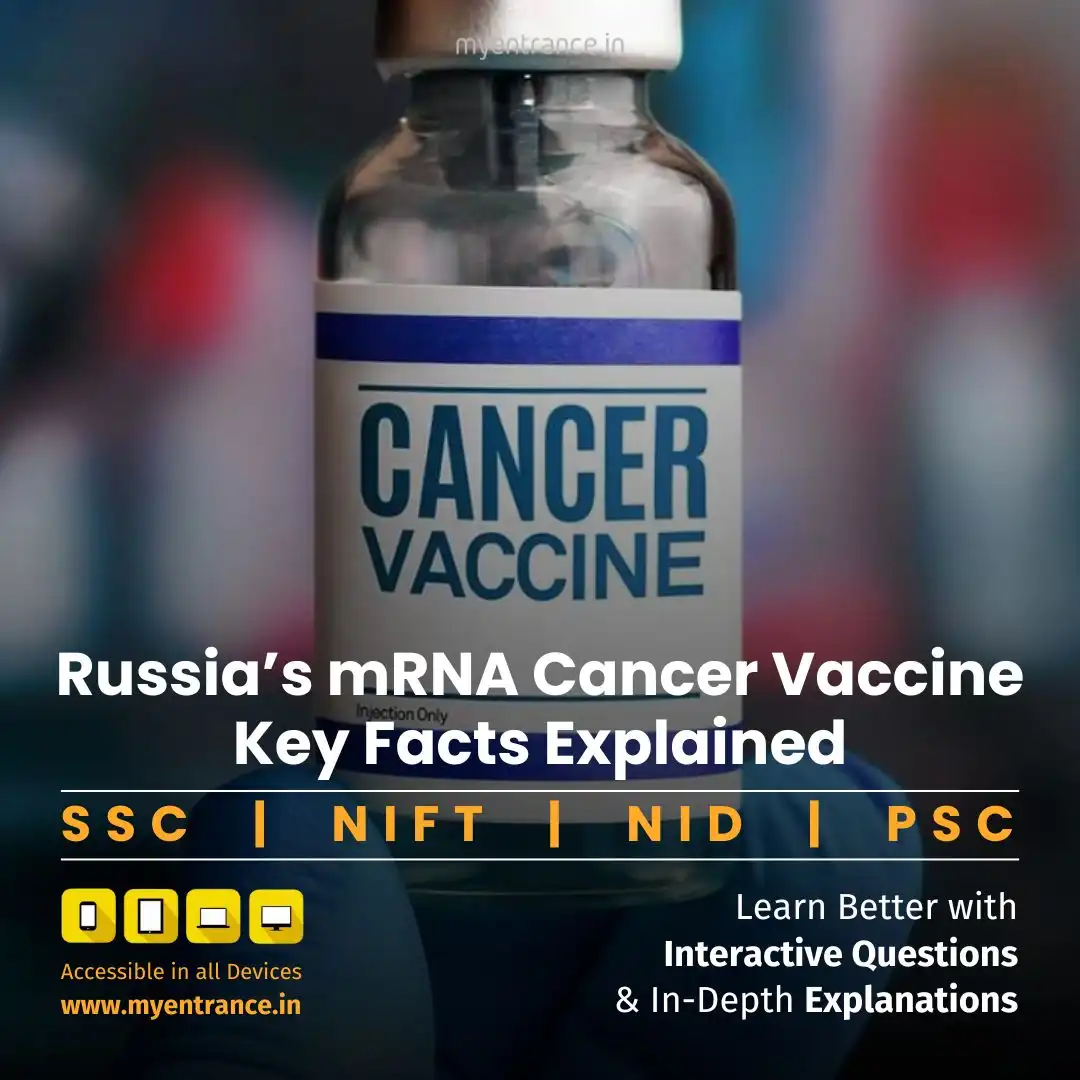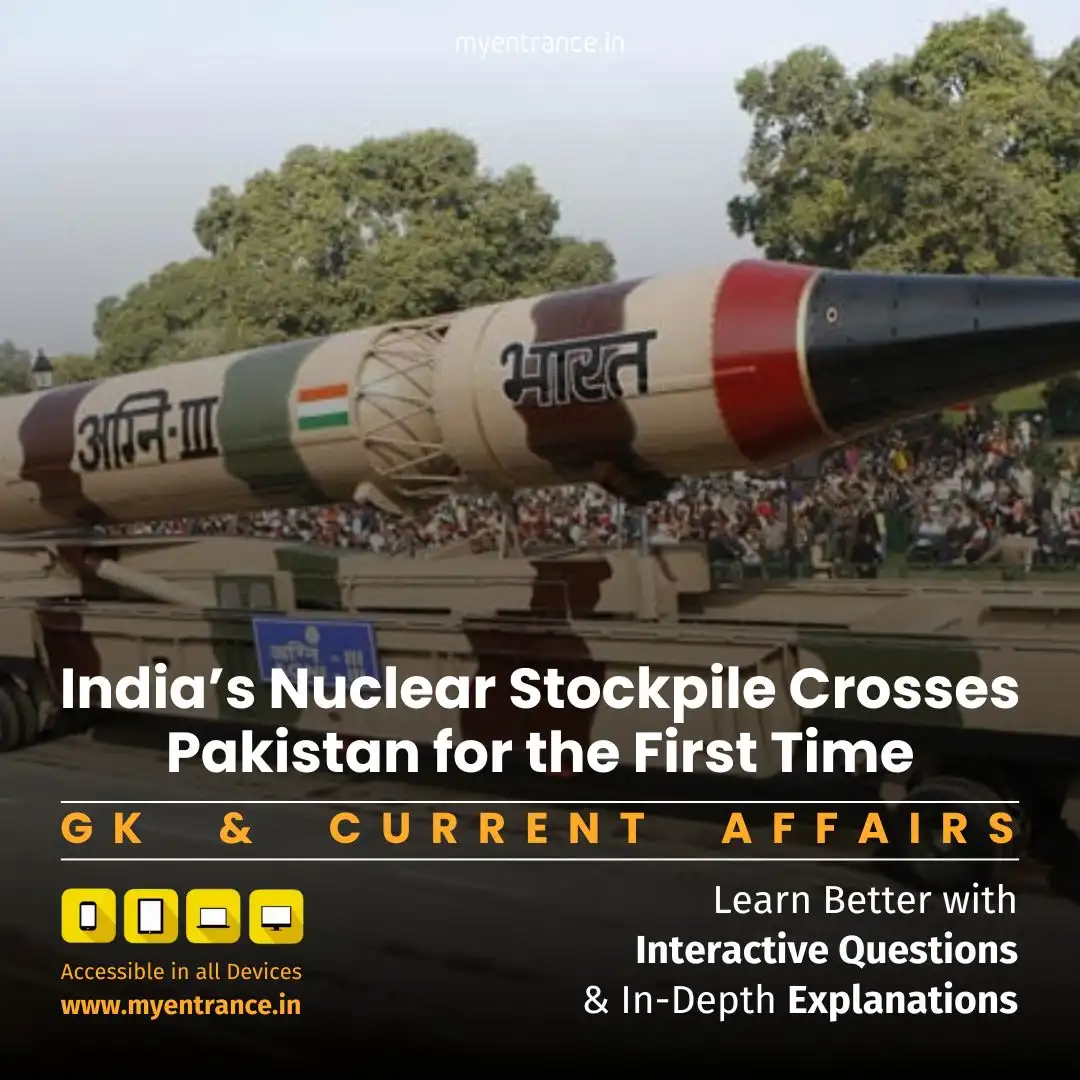Select Language
From COVID-19 to Cancer: The Science Behind Russia’s mRNA Vaccine
Russia has unveiled a groundbreaking mRNA-based personalized cancer vaccine, set to be offered free to patients by early 2025. This innovation builds on mRNA technology, previously used in COVID-19 vaccines, to train the immune system to fight cancer cells effectively.
Understanding mRNA and Its Role in Vaccines
What is mRNA?
Messenger RNA (mRNA) carries genetic instructions from DNA to ribosomes, directing protein synthesis.
Unlike DNA, mRNA is temporary—it degrades after completing its protein-making task.
mRNA vaccines (like Pfizer and Moderna’s COVID-19 shots) teach cells to produce harmless viral proteins, triggering immunity.
Why is mRNA Technology Revolutionary?
Allows rapid vaccine development by providing cells with precise genetic instructions.
Highly adaptable—can be modified to target different diseases, including cancer.
How Russia’s mRNA Cancer Vaccine Works
Unlike traditional vaccines that prevent diseases, Russia’s mRNA cancer vaccine is therapeutic, designed for patients already diagnosed with cancer.
Key Mechanisms
Trains the Immune System: The vaccine helps immune cells recognize and attack cancer cells.
Personalized Treatment: Each vaccine is tailored to a patient’s unique tumor mutations, improving effectiveness.
Precision Targeting: Unlike chemotherapy, which harms healthy cells, mRNA vaccines selectively target cancer cells, reducing side effects.
Advantages Over Conventional Treatments
✔ Fewer Side Effects: Unlike chemotherapy, it spares healthy cells.
✔ Customized Therapy: Adapts to each patient’s specific cancer mutations.
✔ Potential for Higher Success Rates: Early trials show promising immune responses.
Why This Vaccine is Making Headlines
Free Access: Russia plans to provide the vaccine at no cost to patients starting in 2025.
Building on COVID-19 Success: Leveraging mRNA tech used in pandemic vaccines for cancer treatment.
Global Implications: Could pave the way for similar treatments worldwide.
Sample Questions & Answers
Q1: What is the key difference between traditional vaccines and mRNA cancer vaccines?
A1: Traditional vaccines prevent diseases, while mRNA cancer vaccines are therapeutic—helping the immune system fight existing cancer.
Q2: How does Russia’s mRNA cancer vaccine personalize treatment?
A2: It is customized based on a patient’s tumor-specific antigens, ensuring targeted therapy.
Q3: Why is mRNA technology considered a breakthrough in medicine?
A3: It allows rapid, precise vaccine development by instructing cells to produce specific proteins.
Q4: Will this vaccine be available globally?
A4: Initially, Russia will offer it domestically, but successful trials could lead to international adoption.
Q5: How does this vaccine compare to chemotherapy?
A5: Unlike chemotherapy, which damages healthy cells, mRNA vaccines selectively target cancer, reducing side effects.
Most Predicted Questions
Comprehensive study materials, Expert-guided tips & tricks, Mock tests and instant results.
Start your SSC, NIFT, NID, FDDI, PSC journey today with MyEntrance, your ultimate online coaching platform.








